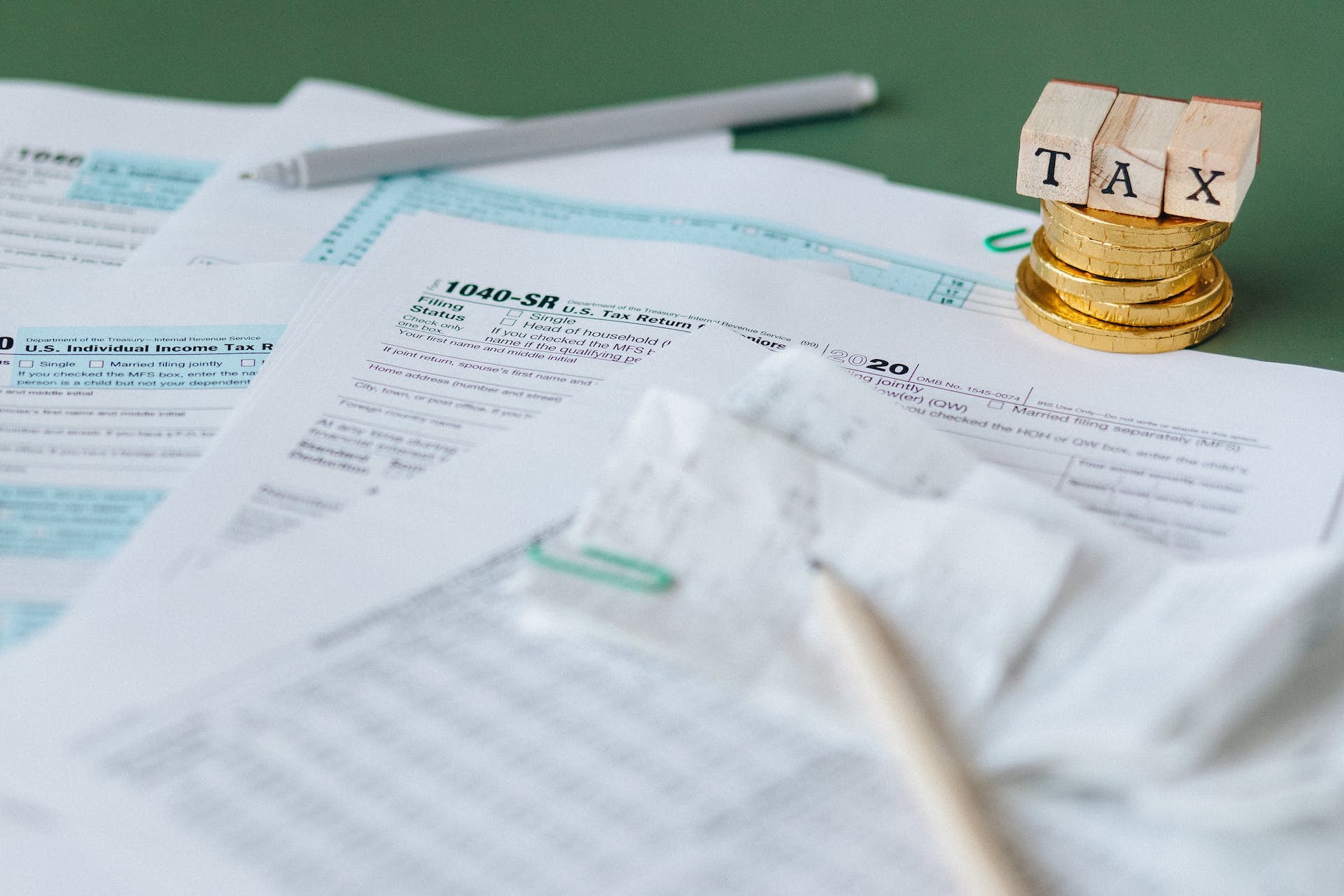Tax season is among us. While many of us would like to avoid the grueling task of filing taxes, there were a handful of high-income earners who did not file tax returns.
Now, the IRS has announced plans to go after the 125,000 high-income earners who have avoided doing their taxes since 2017. The agency hopes to collect roughly $100 billion back in taxes from this group of people.
The IRS Is Sending Out Non-Compliance Letters

Starting in March, the IRS will send out non-compliance letters to a group of people who have failed to pay their taxes between 2017 and 2021.
This group includes more than 25,000 people who earn more than $1 million a year and 100,000 people who earn between $400,000 and $1 million.
This Campaign Comes from the Inflation Reduction Act

On February 29, 2024, the IRS announced a new campaign to crack down on high-wealth tax cheats. This initiative is largely driven by funding from the Democrats’ Inflation Reduction Act, which was passed into law in 2022.
Treasury Secretary Janet Yellen has told the IRS leadership to not annually increase audit rates on people making less than $400,000 a year.
The IRS Is Holding People Accountable

“When people don’t file a tax return they’re required to, it’s not fair to those hardworking taxpayers who responsibly do their civic duty under the laws of our nation,” IRS Commissioner Daniel Werfel told reporters Thursday morning (via Associated Press).
According to Forbes, around 7 million people fail to fail their federal income tax returns each year.
The IRS Is Hoping to Audit Higher-Earners Avoiding Taxes

While the IRS might be a bit more forgiving to the hardworking people in the U.S. who make less than $400,000 a year, the agency is ready to show that there are consequences when people avoid filing, especially for seven years.
“The IRS is taking this step to address this most basic form of non-compliance, which includes many who are engaged in tax evasion,” Werfel said.
How Did the IRS Find These People?

According to CBS News, IRS officials were able to identify people who hadn’t filed using third-party information, such as W-2s and 1099s, to indicate that these individuals were making money but not filing returns.
“Some of these non-filers have multiple years included in the case count so the number of taxpayers receiving letters will be smaller than the actual number of notices going out,” the IRS said.
This Is One of the Many Ways the IRS Is Holding the Rich Accountable

This crackdown on high-income earners is one of the many campaigns the IRS has launched to hold those who have failed to pay their obligations or misuse the tax system accountable.
The IRS launched a new initiative last week, announcing plans to audit businesses’ private jets and scrutinize how executives use them for personal travel while claiming them as tax deductions.
The IRS Already Collected Half a Billion from Delinquent Millionaires

Early in 2024, the IRS announced that it had collected about half a billion dollars in overdue taxes from delinquent millionaires.
“My hope is that as we demonstrate the positive impact that (Inflation Reduction Act) funding is having for all taxpayers, that there will be a need and a desire amongst policymakers at that time to restore IRS funding so that we can continue the momentum that’s having a very positive impact,” Werfel said in a statement at the time (via 13 News).
Why Is the IRS Doing This Now?

She said the lack of resources led to bad customer service, and low levels of audits against wealthy individuals, complex partnerships, and corporations.
The IRS Needs Funds to Audit More Wealthy People

Werfel noted that the IRS could only run sporadic audits for non-filers since 2016 because of the major budget cuts and staff limitations. “This is one of the clearest examples of the need to have a properly funded IRS,” Werfel said.
He continued: “With the Inflation Reduction Act resources, the agency finally has the funding to identify non-filers, ensure they meet this core civic responsibility, and ultimately help ensure fairness for everyone who plays by the rules.”
What Is the Penalty for Not Paying Your Taxes?

As of right now, the penalty for failure to file amounts to 5 percent of the amount owed every month. “If someone hasn’t filed a tax return for previous years, this is the time to review their situation and make it right,” Werfel said.
“For those who owe, the risk will just grow over time as will the potential for penalties and interest,” Werfel noted.
Make Sure to Send In Your Taxes Soon!

For those of us who are not high-income earners, there is less reason to worry this tax season. The IRS has announced a few new policy changes that could either reduce how much you owe on your tax return or bring some extra money into your bank account.
April 15 is just around the corner. If you haven’t filed your tax return yet, there is no better time than the present to do so!

